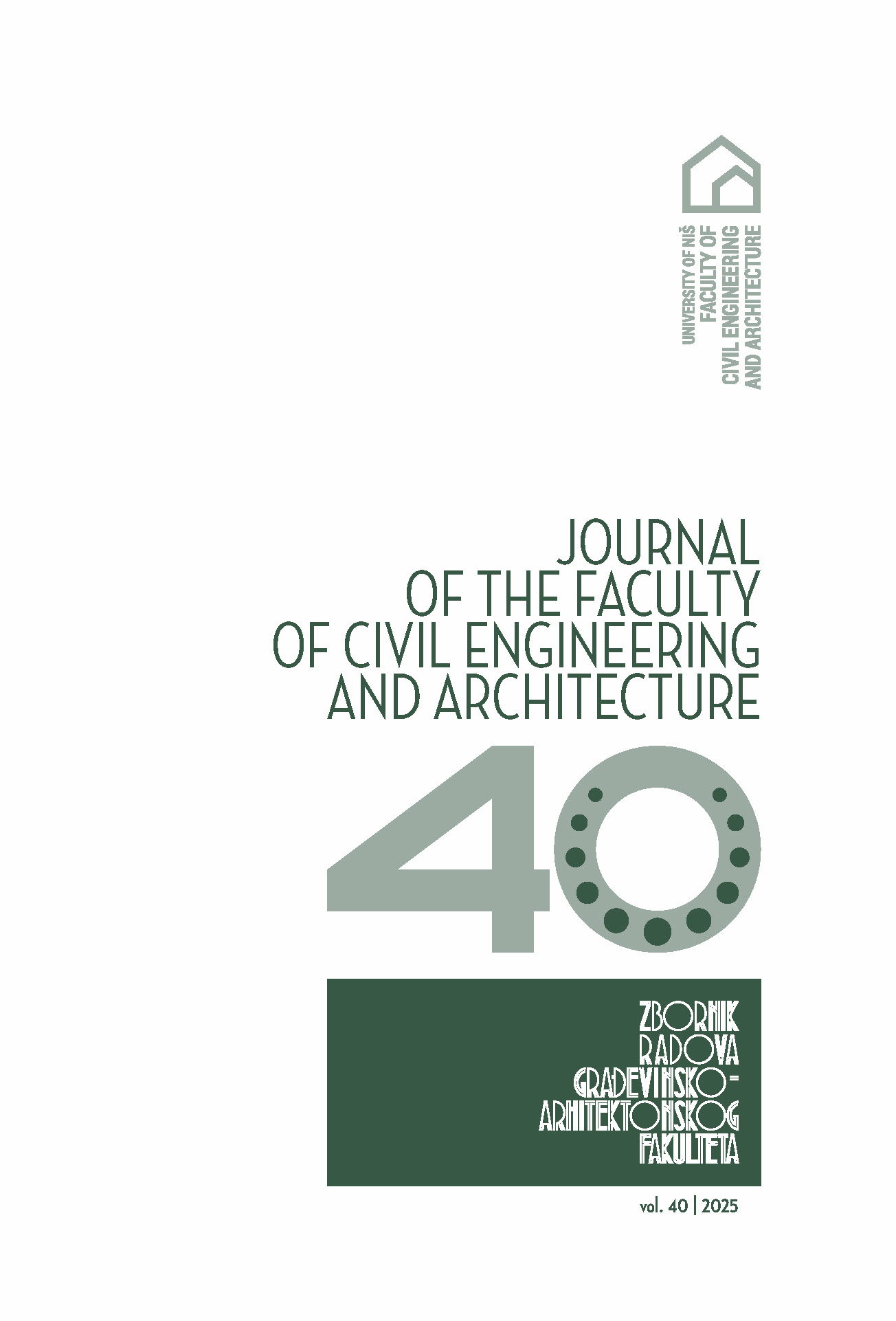University of Nis , Niš , Serbia
University of Nis , Niš , Serbia
University of Nis , Niš , Serbia
Global warming and rising energy demand make brise-soleil systems increasingly important in energy-efficient cooling and reducing carbon emissions in warm climates. This study examines a newly designed residential neighborhood in Baošići, Montenegro, characterized by a Mediterranean climate with hot, dry summers and mild winters. The effectiveness of brise-soleil systems in improving energy efficiency and thermal comfort is widely documented; however, there is little research on the performance of such systems in specific residential applications across a range of climates. This research fills that gap by evaluating the performance of brise-soleil in reducing cooling energy consumption from late March to mid-November. Simulation results show that cooling energy demand is reduced by 9% to 31% during summer months and annual savings of 12%. In addition to energy savings, brise-soleil systems help achieve bioclimatic design by minimizing solar heat gain and improving indoor comfort. They also enhance the architectural design. Adaptive shading technologies will be applied in future research to different climates to maximize energy savings and achieve sustainability.


0
The statements, opinions and data contained in the journal are solely those of the individual authors and contributors and not of the publisher and the editor(s). We stay neutral with regard to jurisdictional claims in published maps and institutional affiliations.